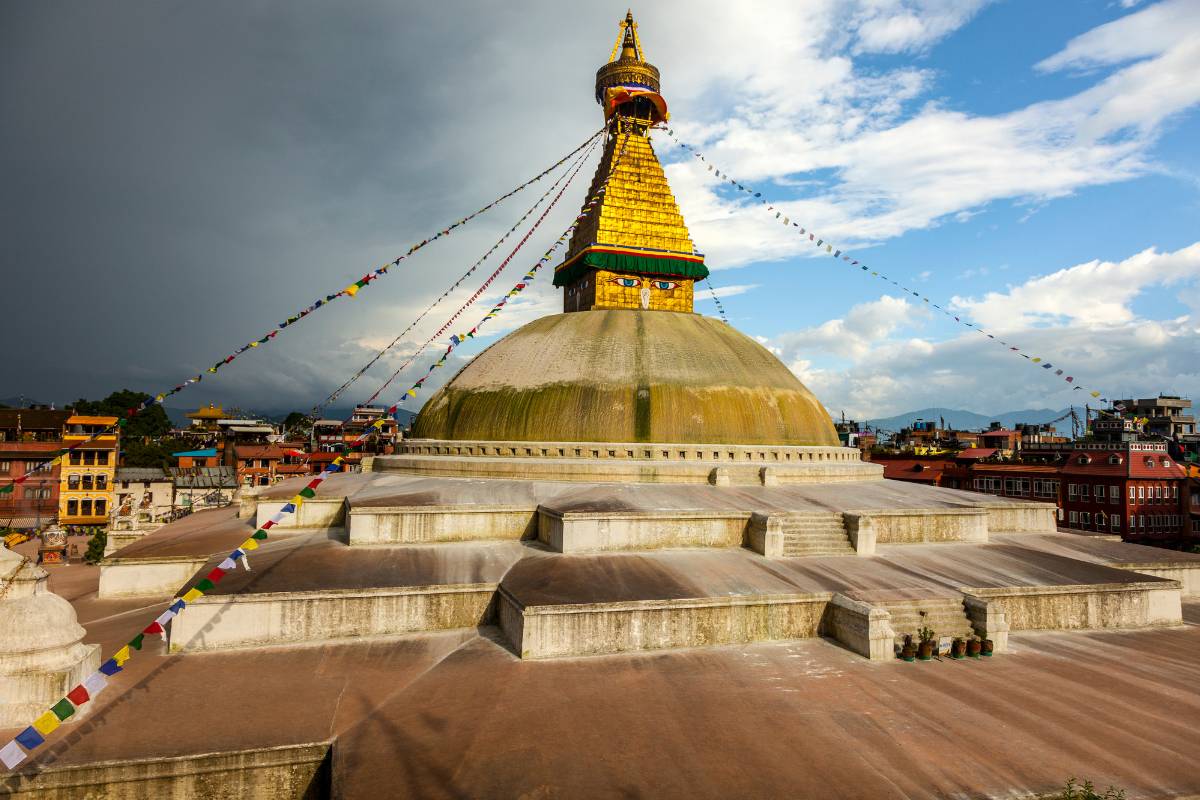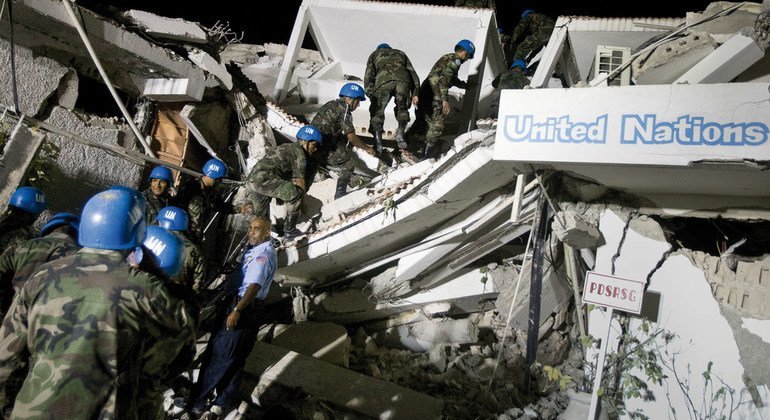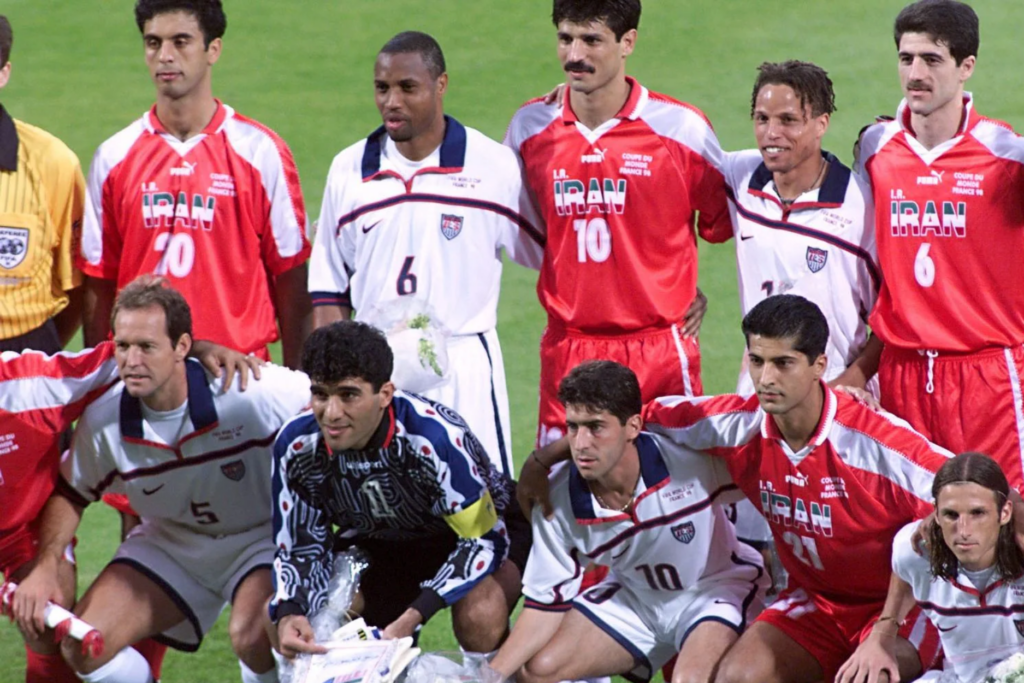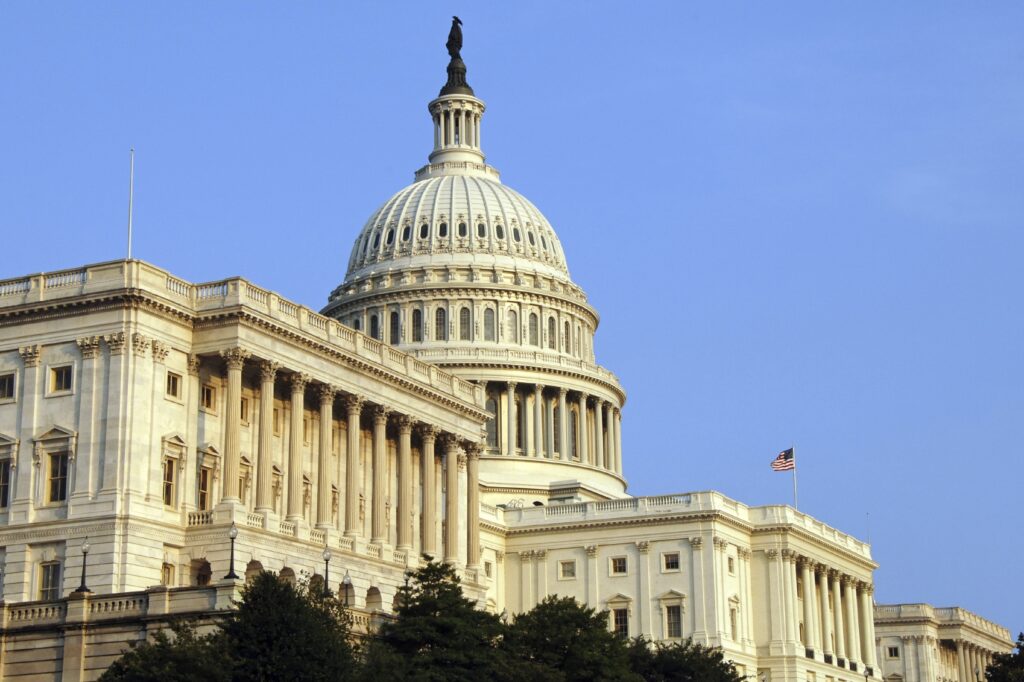Share
Seventy years ago, the United Nations set up operations in Nepal. Since then, the UN’s local presence has grown to include 17 UN agencies situated in one of the most strategically vital countries in the subcontinent.
Among those organizations is UNESCO, which has been fostering education, science, culture and information nationwide for more than 25 years. We recently spoke with Michael Croft, UNESCO’s representative in the country.
Here are a few insights from Croft about the work of the agency in the heart of the Himalayas.
This conversation has been lightly edited for clarity.
What are some of UNESCO’s biggest accomplishments in Nepal?
Croft: It’s not what UNESCO does, but what we enable that matters.
For me, the three primary actors in any country that can really move the development needle are government, civil society and the private sector. Only in exceptional circumstances does UNESCO work at scale to itself drive change. In this regard, the power of ideas is key to the development equation. If we can support decisions based on best practice and in line with international standards and if we can influence in a positive manner the way those primary actors perceive a particular issue, that’s impact.
So as an agency often described as a “Laboratory of Ideas,” we’re well-positioned to contribute to the development agenda — oriented by Member States at the global level then contextualized locally.
Can you give me an example of what that global-local connection looks like in practice?
Croft: In Nepal, the dynamic plays out in our work to introduce the Greening Education concept into the school system and place education at the forefront of addressing climate change. It also comes to bear in Kathmandu’s designation as a UNESCO Creative City, which provides a platform and narrative for the city’s emerging creative economy, as well as a platform for Nepali women scientists to stimulate research and development initiatives, moving young girls towards STEM in the process.
So we have a number of accomplishments that we’re proud of, and all the more so as they don’t require large investments to realize them. Nationally and globally, as an influencer and enabler of conversations, UNESCO is good value for money.
“Nationally and globally, as an influencer and enabler of conversations, UNESCO is good value for money.”
We often think of UNESCO as primarily focused on the World Heritage Programme, but your remit is clearly much greater. How are you tackling things like jobs and government transparency?
Croft: It actually might surprise some to know that UNESCO is one of the few UN agencies whose programming shows up across the entire UN Cooperation Framework for Nepal. In fact, our involvement in World Heritage doesn’t come from a conservation mandate or a concern for aesthetics; it comes from our mandate as the agency focused on how people identify, how they communicate, how they learn and create and share information – expressed through work in education, science, culture, communication and information. Are these relevant for the wider development agenda e.g., jobs and governance? Of course they are – and in Nepal, they’re articulated through activities like training for parliamentarians on addressing hate speech in legislation or STEM efforts to improve the quality of education. Our mandate is necessarily broad and complex precisely because it is oriented on the human aspect of development.
It’s true that the prestige of the World Heritage Programme has defined us in the eyes of many, in the same way people associate Nepal with Mount Everest. But like Nepal, we are much, much more than our branding.
Training in media literacy and journalism is central to UNESCO’s work worldwide. How does Nepal’s location in a region where press freedoms aren’t always guaranteed influence how you approach media integrity?
Croft: Nepal is dealing with the same global phenomena such as hate speech and mis/disinformation which threaten media and information integrity — and our programs are necessarily attuned to that. But the country has managed to protect and even expand the space for freedom of expression, making it an increasingly safe space in South Asia for dialogue and discourse around sensitive issues.
The recent organization of the World Social Forum in Kathmandu speaks well to this. It also reminds us that while the Nepali experience has broad value, it’s sometimes limited by the characterization of Nepal as a Least Developed Country, with the associated risks of overlooking areas in which the country is championing progressive actions and the values of the UN Charter.
You worked for UNESCO in Somalia when the U.S. withdrew from the organization. What was the impact of the U.S. departure?
Croft: It was profound — and in many cases, immediate.
I remember very well the day we got the news, along with instructions about the cost-cutting measures to be implemented urgently. In my case, I was managing a program for emergency education in Somalia that had been supporting a host of initiatives to ensure the continuation of education, like developing textbooks and holding exams, which is especially important since schooling is often the main source of “normalcy” for communities in crisis.
I was crunching numbers and realizing that the cuts to our allocation meant we weren’t going to be able to maintain our three offices in Somalia that had been providing services since the outbreak of civil war two decades before.
What do you wish more people understood about the agency?
Croft: Underpinning everything we do is the peace agenda.
Just as we aren’t involved in culture for aesthetic purposes, we don’t occupy ourselves with questions of human identity, learning and communication as intellectual pursuits. We do so to advance the cause of peace — for those who championed our creation, including the U.S., and understood the need to push back again the dangerous ideas that racism seeds and ignorance sustains.
“Underpinning everything we do is the peace agenda. If we can see and know each other as human beings, if we can see ourselves in others, then we are much less likely to go down a dangerous path.”
If we can see and know each other as human beings, if we can see ourselves in others, then we are much less likely to go down a dangerous path. That mandate might have seemed somewhat trite to some at the end of the Cold War, but it has unfortunately come back full circle now. It is at once a great motivator and source of pride for me personally to be associated with such an agenda, but at the same time sobering and a little frightening, as we are also witness to the dangers to social cohesion that are manifesting quickly in the early 21st Century.
While it may not be immediately obvious, UNESCO has a profound connection to conflict. We work to both prevent violence and heal communities which have suffered from it. Addressing hate speech through education systems, for example, speaks to the former while our efforts to rebuild communal linkages post-crisis, as demonstrated through the flagship program Reviving the Spirit of Mosul, a city whose social fabric was torn apart, speak to the regenerative aspect.
Lastly, we have to ask: Among the incredible World Heritage sites in Nepal, do you have a favorite?
Croft: It’s a tough pick among a national park with unique diversity, a legendary city, the world’s tallest peak and the origins of a religion. I’ve seen them all up close (and live with my family in one – Kathmandu Valley). But I have to say that Lumbini, the birthplace of the Lord Buddha, is my choice. In many ways it epitomizes the idea at the core of the World Heritage concept. I don’t believe there is anywhere else in the world with a pedigree that equals Lumbini as a place of peace and dialogue, which is probably why UN Secretary-General U Thant noted, when visiting the site in 1967, that it was the most important day of his life. Lumbini is a place of immense gravitas, and one of the few places in the world which has the presence to transcend politics – making it in theory a place that could host the world’s most difficult conversations.
With these piling up in the early 21st century, we can’t afford to overlook such potential.
Michael Croft is the head of the UNESCO office and representative to Nepal.




